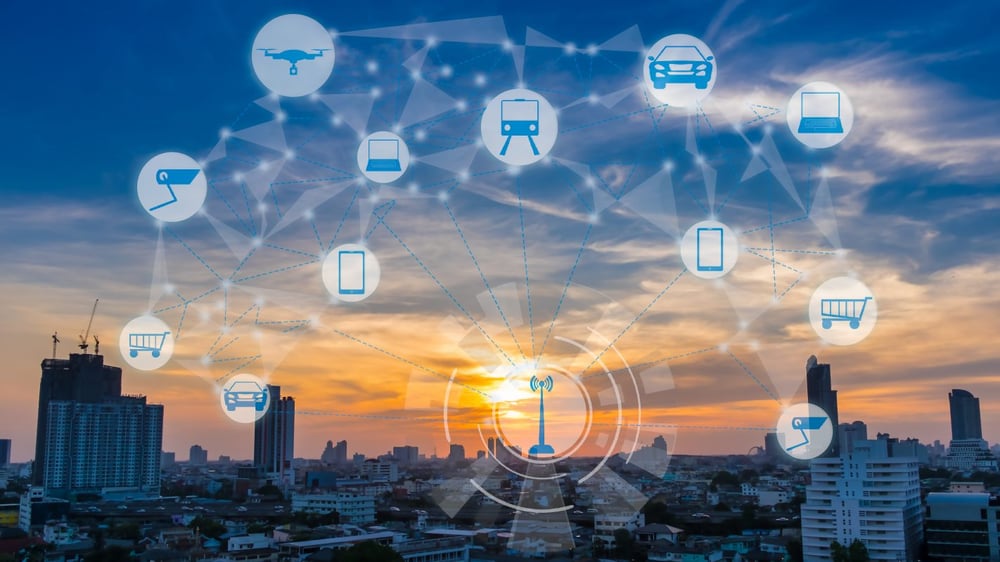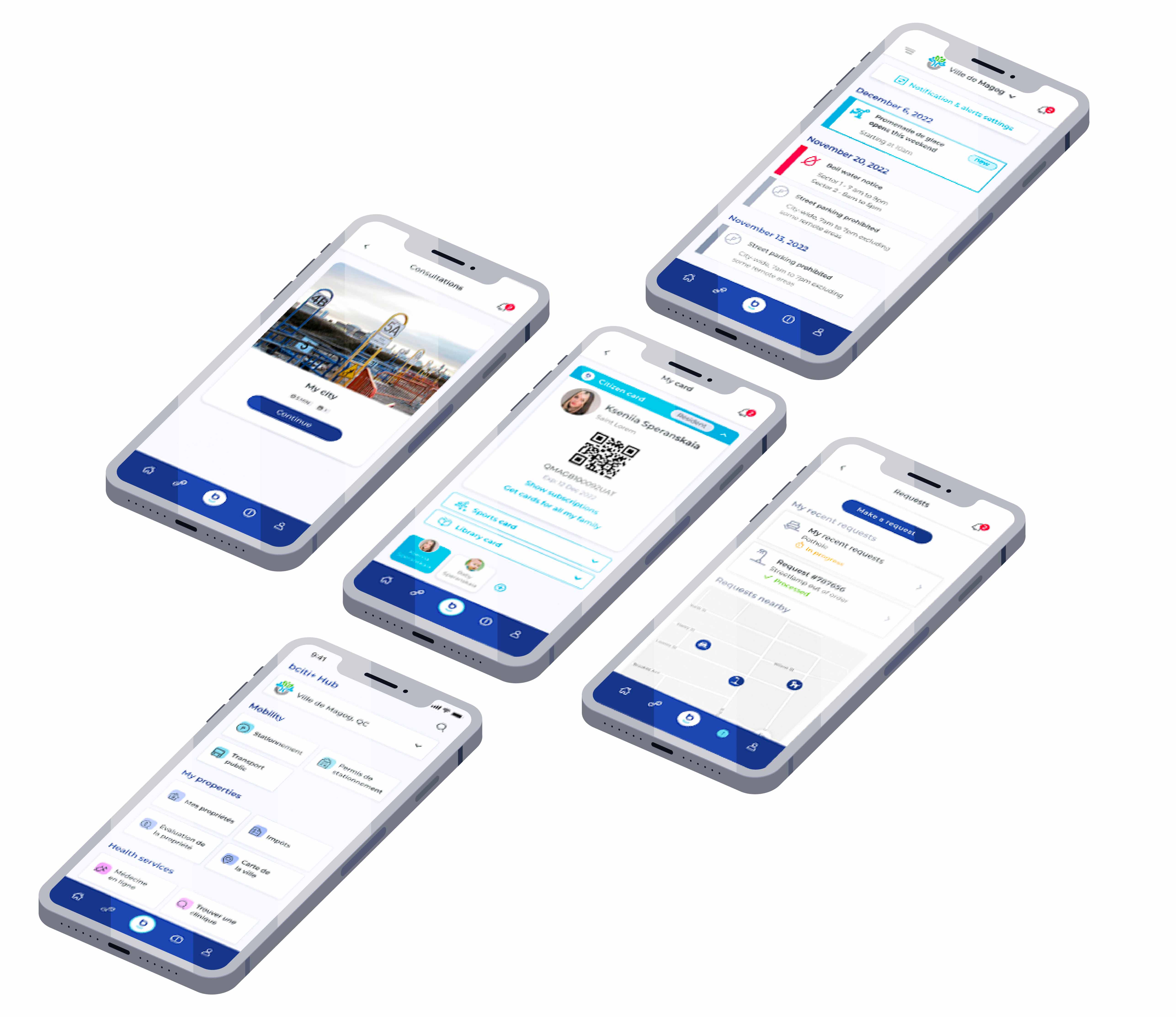To make the transition to a Smart City, the mayors, as well as the general managers who are at the root of this digital transformation, must develop a clear strategy. But not only! There is also a need to develop a strategy for urban infrastructures and services, centered on citizens and on the ethical management of big data.
1. Develop a clear digital transformation strategy
“There is no favorable wind for the sailor who doesn’t know where to go”. Seneca
New technologies imply a level of complexity that continues to grow. In such a context, it is important to establish a clear vision by mobilizing all the actors of the Smart City: the citizens, the corporate citizens, the various departments of the City and all the partners of the urban life. This exercise can be done easily thanks to a fast and evolutionary implementation of a digital strategy. But to move forward, you have to get started!
This phase of analysis should be spread out over a period of more or less two months and be followed by a rapid and progressive implementation. This approach makes it possible to set priorities, have clear objectives and measurable performance indicators. This will also mobilize all the departments of the city for a common purpose. Achieving objectives requires a transparent communication process, along with a measure of monthly results on performance indicators. It's a good way to continuously adjust your strategy and make sure you stay on course.
The involvement of citizens is also essential in achieving the goals of this Smart City.
2. Establish a platform allowing the dialogue between the City and its citizens
Today, no other medium is as effective at reaching our citizens as the mobile phone. A city that hopes to set up a real citizen dialogue cannot ignore this tool. The implementation of a collaborative digital platform, capable of integrating a multitude of digital services gradually and ethically managing massive data, is a must to become a Smart City. It will make it possible to speak directly to the citizens, but also to receive from them capital information for the decision-makers. This bi-directionality of exchanges exists today in cities such as Brossard or Saint-Constant, which benefit from this dialogue with their citizens.
In addition to these exchanges, a mobile platform also offers privileged access to the massive data collected, but often underused by the various digital modules related to municipal management. The analysis of this data is now possible and offers the opportunity of building a dashboard, different from what we currently have, favoring informed decision-making. Already more than 100,000 Quebec citizens regularly use the bciti platform. On this digital platform, 15 digital services are already integrated to accelerate the transition to the Smart City, such as notifications, requests and notifications, calendar of events and digital consultation.
3.Implement a platform that manages data ethically and securely
The data belongs to the citizens and the Cities are the first trustees. There are, however, no Smart Cities without massive data. Everything is a question of balance. The City must maintain its role as guardian of the citizens’ data, while integrating new technologies on a daily basis. It is about giving ourselves the means to better anticipate the needs of citizens and make better decisions.
The municipality, whether or not it stores the data at its offices, has to partner with serious technology partners, capable of integrating ethics into the use of big data. This aspect should not be neglected under the pretext of economy. Secure data management is an increasingly common issue, and the rules are becoming stricter. People who do not respect them risk being penalized. Expertise in ethics becomes an essential skill that technology providers must possess before venturing into managing big data for Smart Cities.
Making the transition to become a Smart City is not so difficult, as long as a clear strategy is defined and that you know which tools will be used to engage with citizens. A collaboration with bciti will allow you to obtain those tools, ready to be used quickly and ethically.


